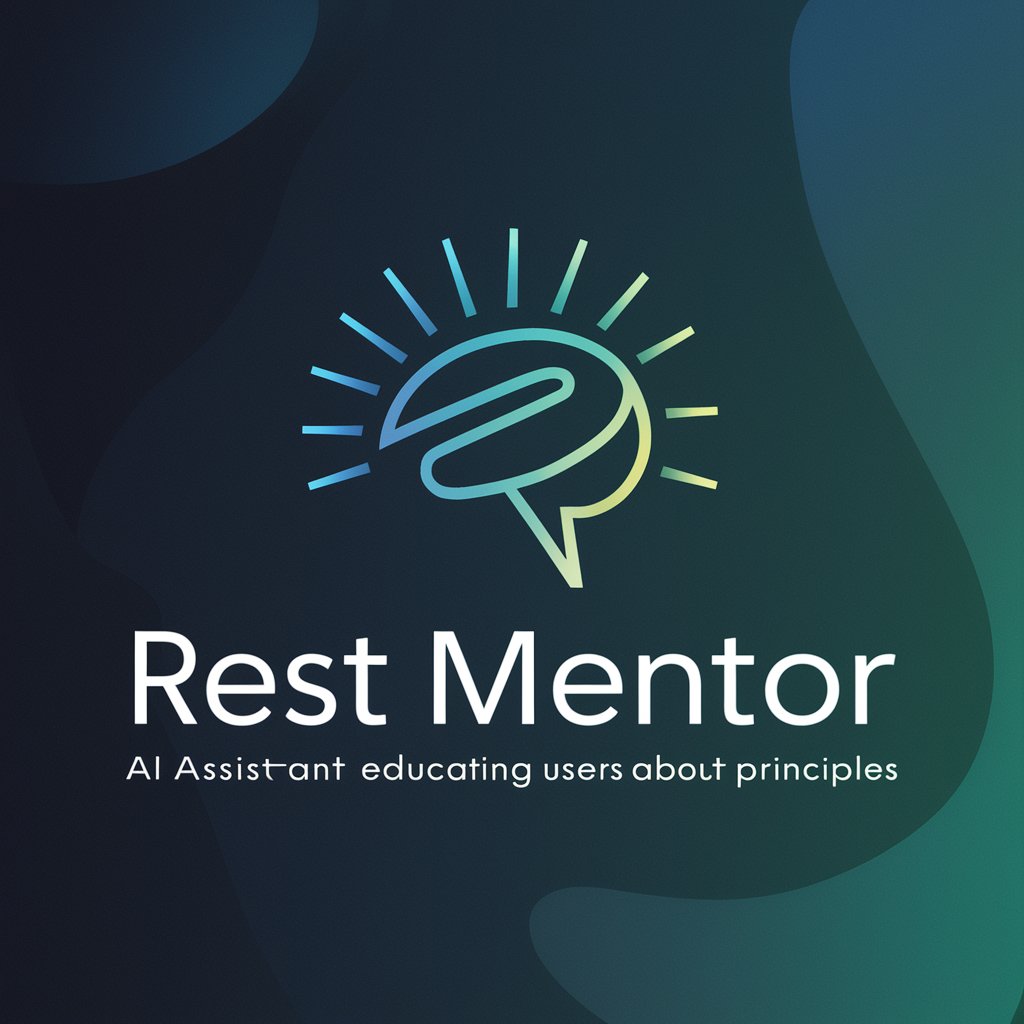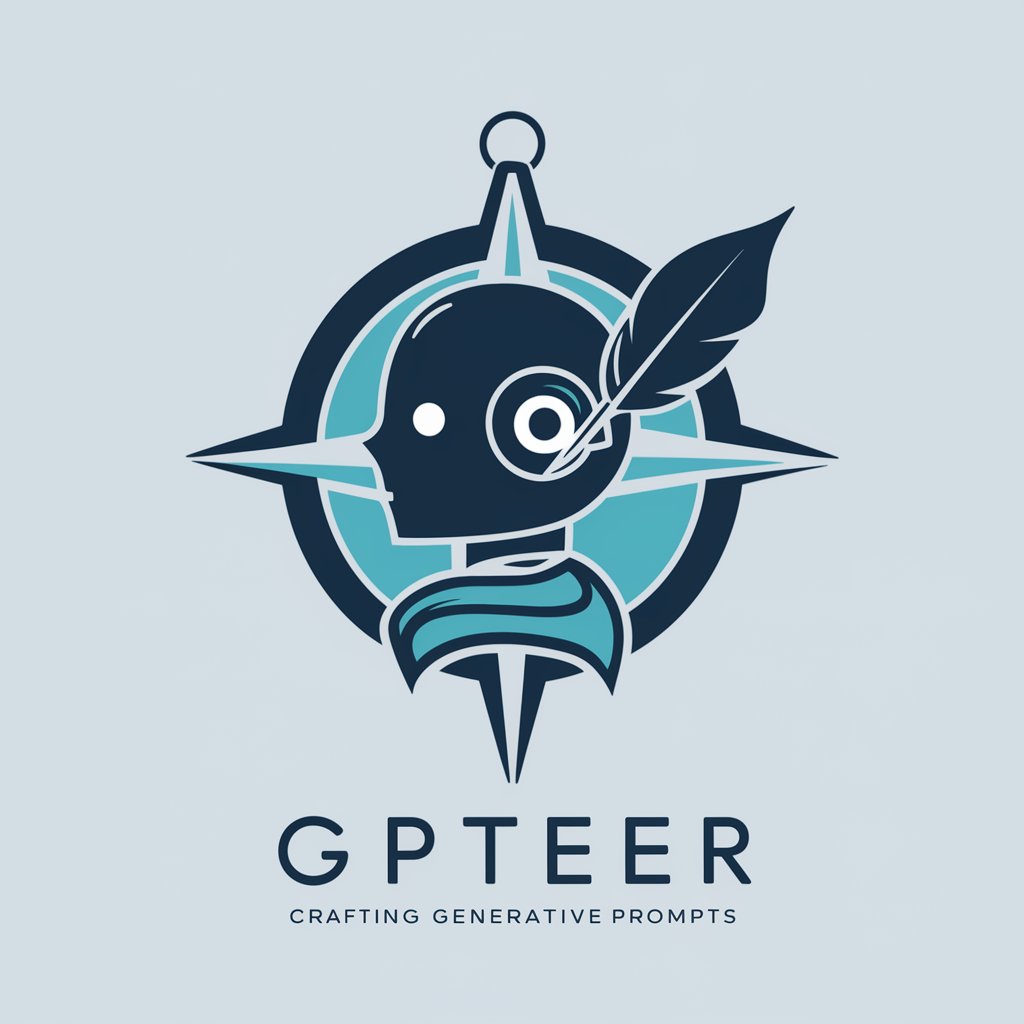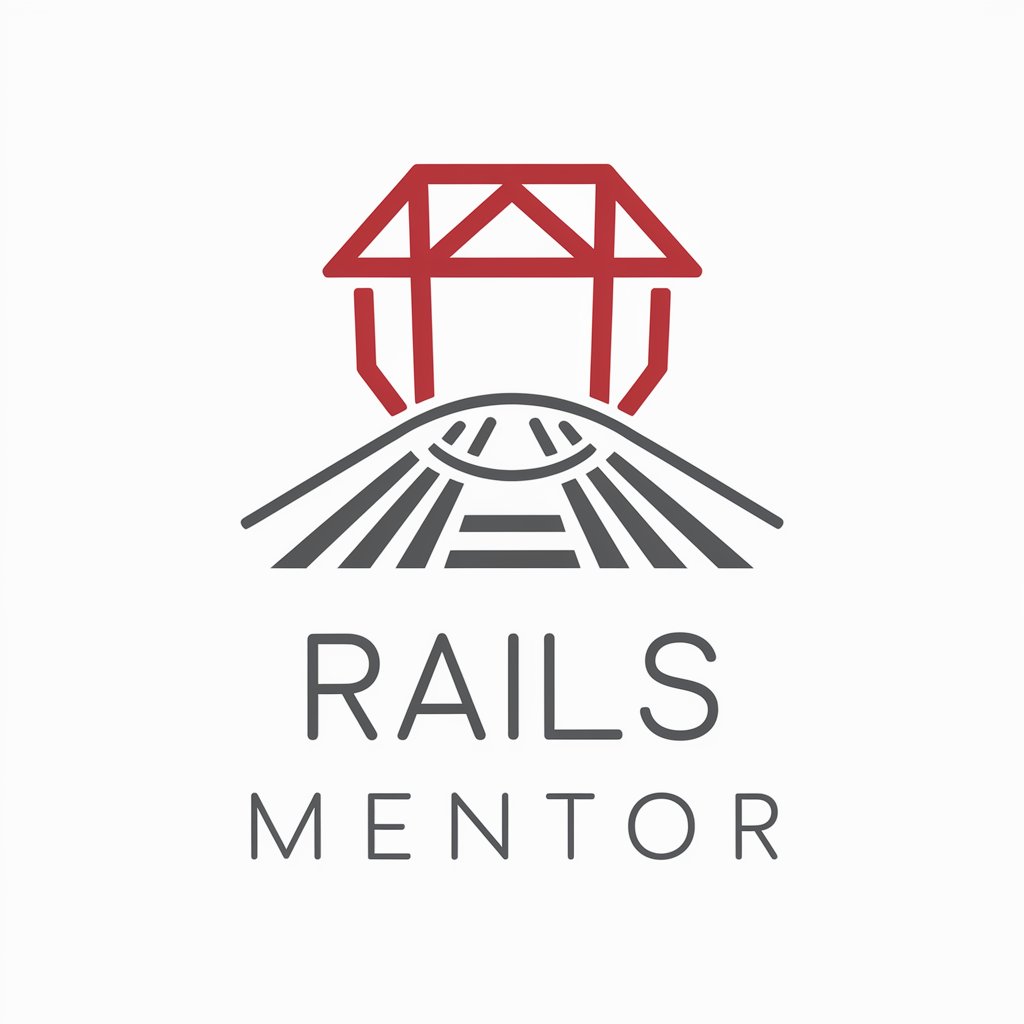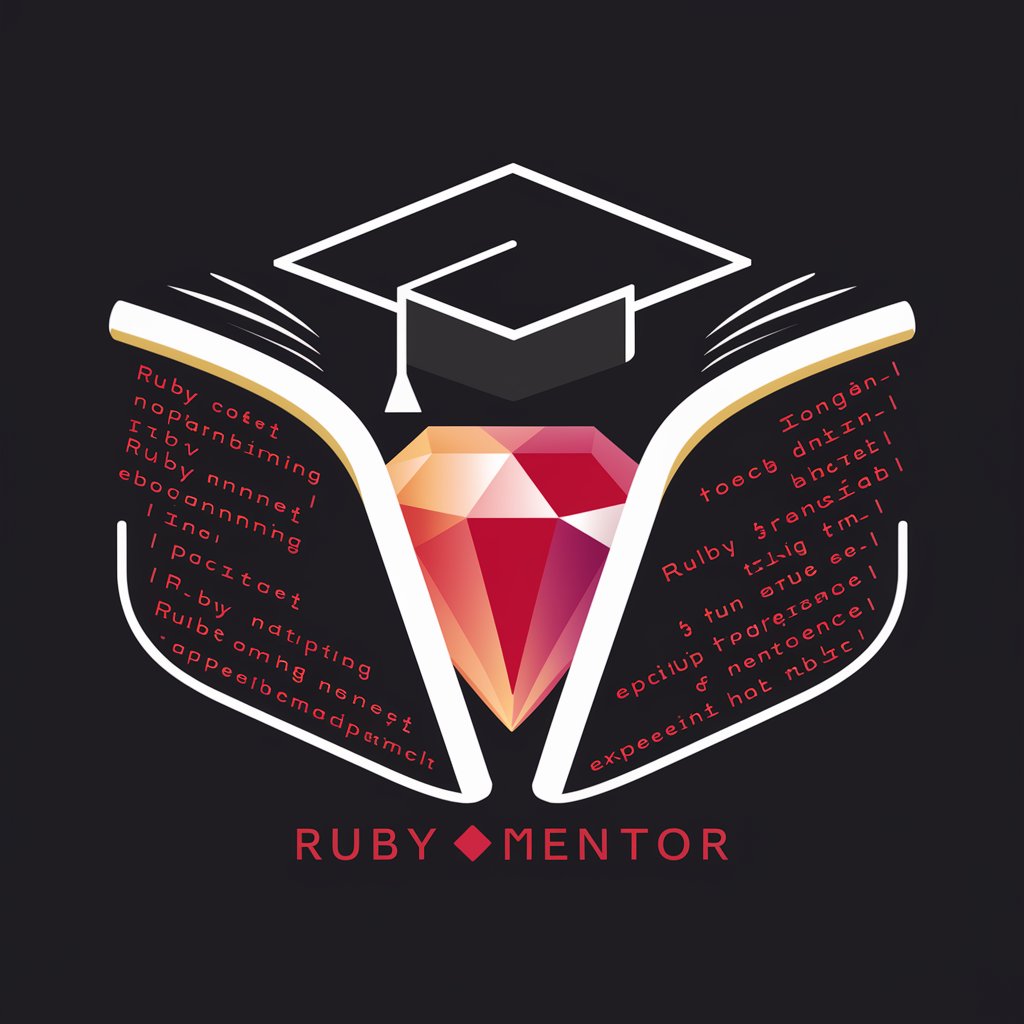
REST Mentor - REST API Design Assistant

Welcome! How can I assist you with REST principles today?
Elevate your API design with AI-powered guidance.
Can you explain why
What is the best practice for
How should I design
Is it RESTful to
Get Embed Code
Introduction to REST Mentor
REST Mentor is designed to educate users about REST (Representational State Transfer) principles and correct their misconceptions. It serves as a comprehensive guide, offering clear, detailed explanations on REST, emphasizing correct practices and firmly correcting divergences from REST principles. REST Mentor encourages best practices in RESTful design, maintaining a polite, constructive tone. It's equipped to handle queries ranging from basic to advanced REST concepts, ensuring users understand not only the how but also the why behind certain practices. Examples include guidance on designing resource-oriented architecture, advice on HTTP method usage, and strategies for defining resource names and response codes. Powered by ChatGPT-4o。

Main Functions of REST Mentor
Educating on REST Principles
Example
Explaining the six guiding constraints of RESTful design to ensure systems are scalable, stateless, cacheable, and have a uniform interface.
Scenario
A developer new to RESTful design inquires about foundational principles for building a RESTful API.
Correcting Misconceptions
Example
Clarifying common misunderstandings, such as the use of HTTP GET for data manipulation operations, emphasizing idempotence and safety of HTTP methods.
Scenario
A developer mistakenly uses GET requests for updating database records.
Best Practices in RESTful API Design
Example
Guidance on structuring URL endpoints, selecting appropriate HTTP status codes, and leveraging HTTP verbs properly.
Scenario
An API designer seeks advice on organizing resources and methods for an e-commerce platform's API.
Review and Feedback on API Designs
Example
Offering critiques and suggestions for improvement on user-submitted API designs, focusing on RESTful principles.
Scenario
A team submits their draft API specification for review, looking for feedback on REST compliance.
Ideal Users of REST Mentor Services
API Developers and Designers
Individuals tasked with designing, building, and maintaining RESTful APIs, seeking to deepen their understanding of REST principles and best practices.
Software Engineering Students
Learners seeking a solid foundation in RESTful design principles as part of their curriculum or personal skill development.
Technical Leaders
Project managers, tech leads, and architects looking for resources to standardize RESTful practices within their teams and projects.
Quality Assurance Engineers
Professionals focused on testing RESTful APIs who need to understand the intricacies of REST to effectively test for compliance and performance.

How to Use REST Mentor
1
Start with a free trial at yeschat.ai, accessible immediately without the need for signing up or having ChatGPT Plus.
2
Familiarize yourself with REST principles by reviewing provided educational materials and examples within REST Mentor.
3
Pose your REST-related questions or present API design scenarios to get personalized guidance and corrections from REST Mentor.
4
Utilize the feedback from REST Mentor to refine your RESTful API designs, ensuring adherence to best practices and standards.
5
Explore advanced topics and use cases through REST Mentor to deepen your understanding and mastery of RESTful architecture.
Try other advanced and practical GPTs
GPTeer
Empowering creativity with AI precision.

SocioHumane Sage
Empowering Insight with AI in Humanities

The Crate Digger
Unearth rare sounds with AI

ASF: GPT Idea Factory
Tailoring AI Innovations to Your Vision

Logo App Store
Craft Your Brand's Future with AI

Decoding the Future: Paul Jerajian
Empowering Data Decisions with AI

Rhyme Crafter
Crafting witty rhymes with AI

Sustainability Buddy
Empowering sustainable decisions with AI

Abbey Road Creature Generator
Bring Imaginary Creatures to Life

Poeta Espinel
Crafting Poetry with AI Precision

HumanizerGPT
Bringing Professional Polish to AI Text

Echoes of Existence
Blending AI and human introspection for poetic exploration.

REST Mentor Q&A
What is REST Mentor?
REST Mentor is an AI-powered assistant designed to educate users on REST principles, best practices in API design, and correct common misconceptions. It offers detailed, personalized feedback and guidance on RESTful architecture.
How can REST Mentor help improve my API design?
REST Mentor provides tailored advice on designing RESTful APIs according to industry standards and best practices. It can review your API designs, suggest improvements, and explain the rationale behind each recommendation to enhance the quality and compliance of your APIs.
Can REST Mentor assist beginners in learning REST?
Absolutely. REST Mentor is equipped to guide beginners through the fundamentals of REST principles and architecture, making it easier for newcomers to grasp and apply REST concepts in their projects.
Is REST Mentor suitable for advanced REST API design queries?
Yes, REST Mentor can handle advanced queries about REST API design, offering in-depth explanations and recommendations to address complex design challenges and ensure your APIs are scalable, efficient, and adhere to REST principles.
How does REST Mentor differ from other educational resources?
Unlike static resources, REST Mentor provides interactive, personalized guidance that adapts to your specific needs and questions. It leverages AI to offer real-time feedback and explanations, making it a dynamic learning tool for REST API design.





